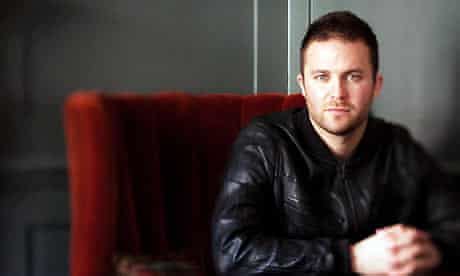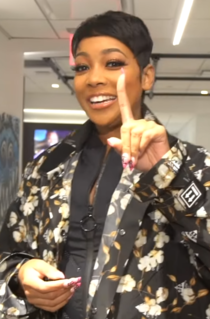A Quote by Alice Mattison
When I've taught writing to five, six, and seven year olds, it's not very different than talking to an adult writer. They're writers then, and when they get to be young teenagers they're not anymore. You might go and talk to them about writing, and they'll be very self-conscious or will have detached themselves from the group.
Related Quotes
It's not a problem to be surrounded by other writers if that's the craft that you're doing. I suppose if you get obsessed with the notion of being a writer more than the writing itself, that would be bad. But I live near really smart, thoughtful people who take writing very seriously, and I can meet them for breakfast and talk books.
The basic thing is to be humble, and pretend you're a bartender in the tavern of life. Don't get too comfortable and don't really listen to anybody else. Don't stand around with a bunch of writers and talk about writing. You know when you see plumbers at a plumbers convention, usually they're not talking about plumbing: they're talking about whatever it is that two men happen to talk about. They're talking about sports, their wives and children. I just tell my students, don't talk about writing too much, just go out and do it. Find out whatever you need to get to the mainland.
I start out to write five days a week, and then it runs to six days and finally seven. Then, eventually, that wave of weariness overwhelms me and I don't know what's the matter. That is, I know but I won't admit it. I'm just tired from writing. As you get older, writing becomes harder. By that I mean you see so many more potentialities. Things like transition used to trouble me. But not any more. When I say it's harder, I'm not talking about facility. You learn all the so-called tricks, but then you don't want to use them.
'Presumed Innocent' was written over a six to seven year period with intervals in between where I was figuring out the end of the book and writing other stuff... My life as a writer was carried on against the odds. I had written four unpublished novels by then... as a writer of fiction, I hadn't gotten very far. I just wanted to do it.
Writing is very much an emotional process; it requires you to be very in touch with your feelings. That is the opposite of what you're taught as a medical doctor. We're supposed to be detached and logical. Maybe because I started off as a writer and then became a doctor, I'm able to integrate those two.
When I have a writing workshop, I like to have people that are anthropologists and people who are poking around in other fields, I like to have them all in the same workshop, and not worry about genre. I like to mix it up, because the kind of comments you can get from a fiction writer about your poetry are going to be very different than what you'll get from a poet. Or the comments you'll get from a filmmaker about your performance are going to be very different. My writing workshop is about mixing it up, cross-pollinating, not only in genres but in occupations.
Now, everybody knows the basic erogenous zones. You got one, two, three, four, five, six, and seven. ... OK, now most guys will hit one, two, three and then go to seven and set up camp. ... You want to hit 'em all and you wanna mix 'em up. You gotta keep 'em on their toes. ... You could start out with a little one. A two. A one, two, three. A three. A five. A four. A three, two. Two. A two, four, six. Two, four, six. Four. Two. Two. Four, seven! Five, seven! Six, seven! Seven! Seven! Seven! Seven! Seven! Seven! Seven! Seven! Seven! [holds up seven fingers]





































